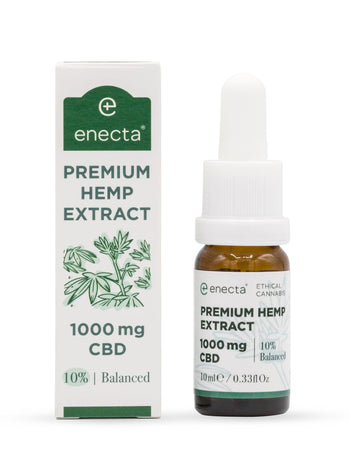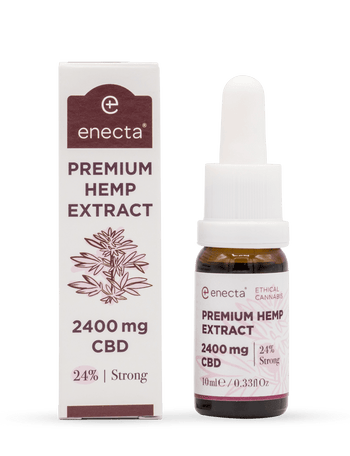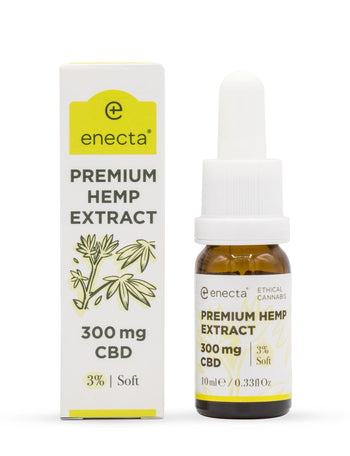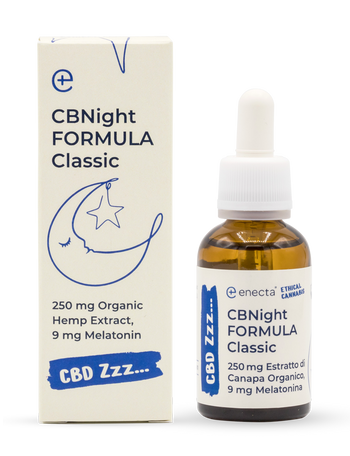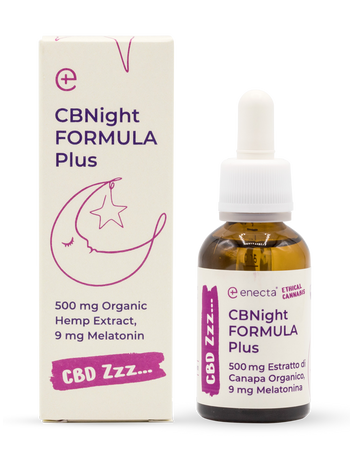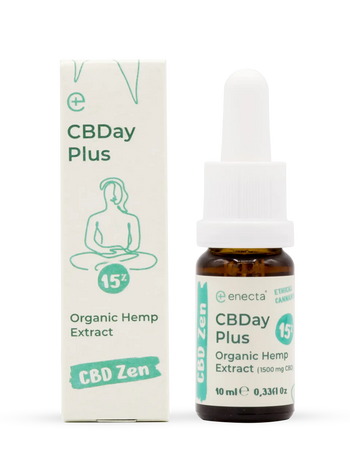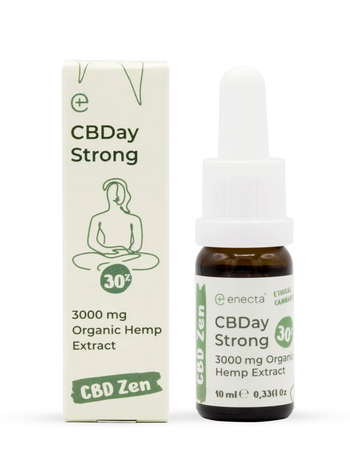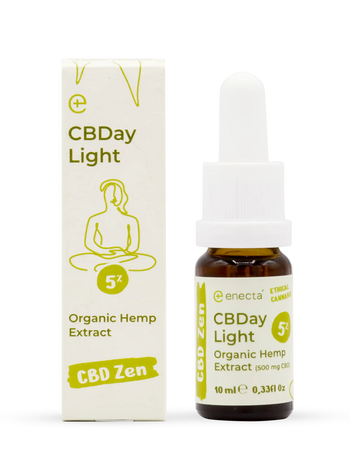When a parent is considering giving CBD to their child, it is usually a stressful decision-making period in their life filled with unanswered questions and moments of double-guessing themselves. When conventional medicine is not providing the results we hoped for, and the side effects of that medicine weigh heavily on parents, they often look to alternatives such as CBD.
If you have a child with a condition you have heard can be treated by CBD, you have probably become the world’s most distinguished researcher. Let’s face it; there is nothing more important than the health and well-being of your child.
In this article, we will discuss the use of CBD for children. This article was written to provide information only. Please always seek medical advice from a professional healthcare provider before administering anything to a child that is not prescribed.
The first important thing all parents should know about CBD is that it is not psychoactive. This means your child cannot get “high” using this specific compound of the cannabis plant. THC is the psychoactive cannabinoid found in cannabis that makes people feel “high.” Having said this, some CBD will contain traces of THC and other cannabinoids and terpenes, but not enough to have any psychoactive effect on the brain.
Reasons Some Children Are Given CBD
You may have seen youtube videos of children with epilepsy having seizures and being given CBD oil to magically stop the seizure in its tracks. There a many conditions that CBD is thought to treat successfully. The most common are listed below:

1. Epilepsy
The World Health Organization reported that 50 million people worldwide had epilepsy in 2019. Two rare forms of epilepsy are treated by CBD, Lennox-Gastaut syndrome and Dravet syndrome. The FDA has approved only one form of CBD for treating these syndromes called Epidiolex. This treatment is available for patients aged two years and above.
Various studies have been collated into a review by scientists from the University of Messina, Italy. The review was called Use of Cannabidiol in the Treatment of Epilepsy: Efficacy and Security in Clinical Trials, and regards to the safety of CBD in epilepsy patients, scientists concluded :
“To date, available safety data show that the administration of CBD associated with other AEDs causes non-serious adverse events, which can be resolved reducing the dose of CBD and/or common AEDs.”
They also concluded that our understanding of how CBD actually interacts with other Anti-epileptic drugs is not entirely understood:
“The available results also highlight the efficacy of CBD as adjunctive to common AEDs. The mechanism by which CBD interacts with other AEDs is not yet fully known, as many metabolic pathways involved in this interaction are still unknown. In addition, not all the molecular targets used by the CBD to exercise its antiepileptic action are yet known. However, the results obtained to date encourage the use of CBD associated with AEDs.”
2. Anxiety
49% of all CBD users in the U.S.A take it for anxiety relief. Some parents opt to try CBD for their children’s anxiety, and some parents claim successful results. Some parents feel comfortable trying CBD with their child because of their own CBD experiences. There are no current studies that can confirm that CBD is helpful to children suffering from anxiety; however, there has been plenty of animal and adult studies and surveys conducted.
Esther Blessing, Ph.D., of New York University, conducted a study in 2015 on CBD use for treating anxiety. After reviewing 49 studies, the results looked very encouraging and indicated a clear need for further studies. Dr. Blessing stating:
“Overall, current evidence indicates CBD has considerable potential as a treatment for multiple anxiety disorders,” Dr. Blessing concluding, “with the need for further study of chronic and therapeutic effects in relevant clinical populations.”
3. Autism Spectrum Disorder
Many parents using CBD for children with ASD or suspected ASD are doing so with the knowledge that it is not a cure. CBD is usually used to treat various symptoms of the disorder to improve the quality of the child’s life. Animal studies have proven there is some correlation between the use of CBD and the improvement of autistic behaviors. Scientists are busily beginning to investigate whether CBD will positively impact these behaviors in humans.
Orrin Devinsky, M.D., director of NYU Langone’s Comprehensive Epilepsy Center in New York City and a principal investigator in the Epidiolex trials, stated that:
“Some genes that cause autism also cause epilepsy, and some of the physiologic changes in nerve cells in autism are also similar to those in epilepsy,” Devinsky says. “So it’s not a shock that we might get some benefit from drugs that might work on both disorders.”
4. ADHD
There is not a lot of direct evidence regarding whether CBD affects ADHD. Most of the very small studies on ADHD have shown insignificant results. Scott Shannon, M.D., assistant clinical professor of psychiatry at the University of Colorado School of Medicine, commented that although he does not usually recommend CBD for ADHD, “Kids that have an anxious variety of ADHD may get some benefit.”
Some parents have reported treating anxiety in children with ADHD using CBD to be helpful.
In Conclusion
CBD has a long way to go when it comes to clinical research definitive in its findings. Much larger and extensive studies must be completed, particularly in pediatrics. Although most CBD users consider the cannabinoid to be safe, as do some doctors and scientists, there is no guarantee that it is for all people and in all cases.
The choice to use CBD on your child is a personal decision that every parent will ultimately have to take on alone. All the above conditions have conventional medications available to try, and all of those medications will have side effects, both good and bad. As parents, it is your responsibility to weigh up the risk factors against the benefits of using any kind of medication or treatment. We suggest you begin to look at online forums where you can discuss other parents’ experiences with using CBD and work with your healthcare professional to make an informed decision about the use of CBD.


























